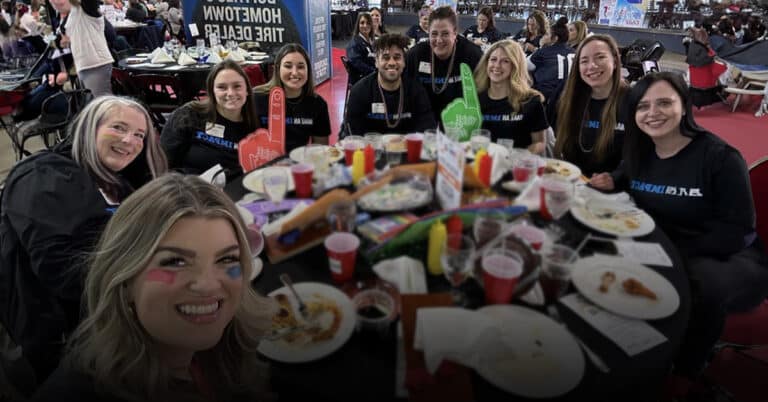Workers and job seekers have endured—yes, I’m going to say it—unprecedented levels of uncertainty since the pandemic began. The work world changed almost overnight, and some of those changes are expected to be permanent. The Job Seeker Nation Report for 2021 reveals candidates’ behavior and attitudes have also changed.
The effect of prolonged uncertainty has created new candidate needs and concerns.
Job seekers surveyed:
- 35% have been out of work for over a year
- 28% have applied for 11-20 jobs during that year
- 23% have participated in two job interviews
What is job hunting like in 2021?
With so many jobs open, it might surprise you to learn that workers aren’t optimistic about their chances of being hired and staying employed. Job seekers report:
Difficulty. 69% of job seekers believe getting a job will be more difficult in 2021. 67% of employed workers say they are satisfied with their current position. However, 50% of those surveyed are keeping their eyes open for other opportunities. Workers who have a child in their household are more likely to be satisfied with their jobs yet still looking for other work.
Stress. 64% of job seekers believe that the job hunt is somewhat more stressful than pre-pandemic, and 30% report that search is a lot more stressful. Measured stressors include:
- Catching Covid
- Mental health struggles
- Children at home
- Long work Hours
- Personal challenges, including Covid-19
- Juggling multiple jobs
- Caring for a sick family member
- Shared wi-Fi
An even higher number of workers with children at home and married workers report that the job search is more stressful now than pre-pandemic. In fact, for workers with kids, having children at home is the biggest stressor during the job search.
You have a unique opportunity to respond.
During uncertain times, people seek connection, empathy, and purpose. How can you improve the candidate experience to fill jobs with happier, healthier, more secure workers?
Provide Great Communication. The highest measured contributor to a positive candidate experience is excellent communication from the employer or recruiter. Positive candidate experience runners-up were ease of scheduling and an easy job application process. Unsurprisingly, the most significant contributors to a negative candidate experience were lack of response from an employer or a recruiter, complicated job applications, and too much back and forth in scheduling.
Many staffing firms are using automation platforms to improve communication and candidate engagement during the employment process. But whatever method you choose, candidates want to hear more from you.
Share Company Culture. Many job seekers leave interviews with little understanding of the mission, values, and culture of the company. Since great company culture and a need for meaningful work have emerged as job seeker priorities during the pandemic, connecting an available role to the employer’s larger mission will make it easier to recruit top candidates.
The pandemic has impacted more than just the job market; it has altered the way workers think and feel. As conditions continue to change, your staffing firm must understand what the “new” workforce needs and grow with it.
Connect with a marketing educator to learn more ways to stay in touch with the changing workforce.
Curious about automation? Check out this FREE on-demand Webinar! Sense, Herefish, Automation, Oh My!
Need a few Big Ideas? Try these.













